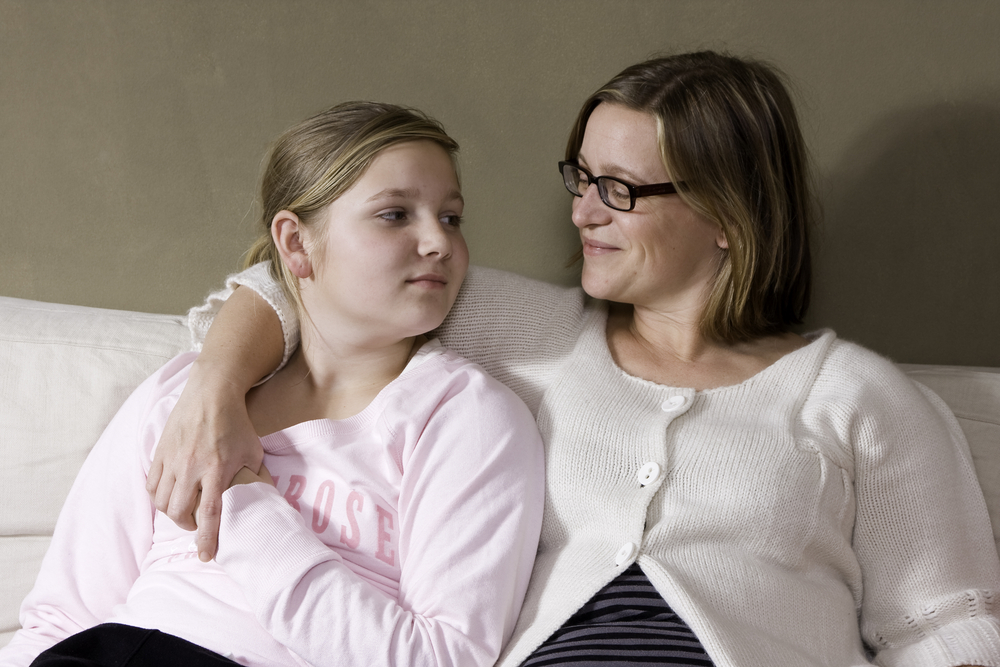Related Conditions

Epilepsy seems to increase children's chances of having a mood or learning disorder. Children may also be more likely to suffer from headaches, ulcers and other physical conditions. These conditions that occur along with epilepsy are called comorbidities.
A child's chances of having a related condition depends upon a number of factors, including how often the child has seizures, how much medication the child is taking, and the child's age when the seizures began.
It is important that doctors screen or check for comorbidities. Parents can help by knowing what the signs of common comorbidities are and telling their doctors if they notice any. Common comorbidities associated with epilepsy include:
- Depression — this is believed to be the most common comorbidity. It is estimated to affect at least one-quarter of children with epilepsy. Here are some things you should know about depression:
- The risk of depression should be taken seriously. It can be dangerous or life threatening. Studies have shown that up to 20 percent (one out of five) children with epilepsy have thought about suicide.
- Depression is not simply feeling down or cranky. All children have "bad" days. Depression is when the bad feelings occur often, last for a long period of time, and interfere with children's interest in friends, activities, eating, etc.
- It is important for parents to talk to their children about how they are feeling and tell their doctors about any concerns.
- Some children who are suffering from depression can be helped through therapy, where they talk to a psychologist, social worker or psychiatrist. Others may also need medication, most commonly an SSRI (Serotonin Selective Reuptake Inhibitors) antidepressant.
- While depression is serious, it is also highly treatable. For more information, read "Depression in Children and Adolescents with Epilepsy" from
- Other mood disorders — in addition to depression, people with epilepsy are more likely to have mood disorders such as dysthymic disorder, anxiety disorder and bipolar disorder.
- ADHD — Attention Deficit Hyperactivity Disorder seems to be a common problem in children with epilepsy. About one-fourth to one-third of children with epilepsy show signs or symptoms of ADHD. There are two main types of ADHD — inattentive and hyperactive (difficulty sitting still). Inattention or difficulty focusing seems to be more common in children with epilepsy. Signs include:
- Not paying attention or listening
- Making careless mistakes
- Difficulty following instructions and staying organized
- Not focusing or becoming easily distracted
- It is important to recognize and treat ADHD, to prevent problems in school. CHADD (Children and Adults with Attention-Deficit Hyperactivity Disorder) is an organization that can provide a lot of information on this condition.
- Children with epilepsy are also more likely to have learning problems that interfere with their schoolwork; physical problems that can make them unusually tired or cause stomach pain, headaches, etc.; or social issues that make friendship and activities difficult. With all comorbidities, the sooner you recognize and address (treat) them, the better. To learn more, read "Comorbidities in Epilepsy" from
Resources
Epilepsy Centers
Epilepsy centers provide you with a team of specialists to help you diagnose your epilepsy and explore treatment options.
Epilepsy Medication
Find in-depth information on anti-seizure medications so you know what to ask your doctor.
Epilepsy and Seizures 24/7 Helpline
Call our Epilepsy and Seizures 24/7 Helpline and talk with an epilepsy information specialist or submit a question online.
Tools & Resources
Get information, tips, and more to help you manage your epilepsy.



